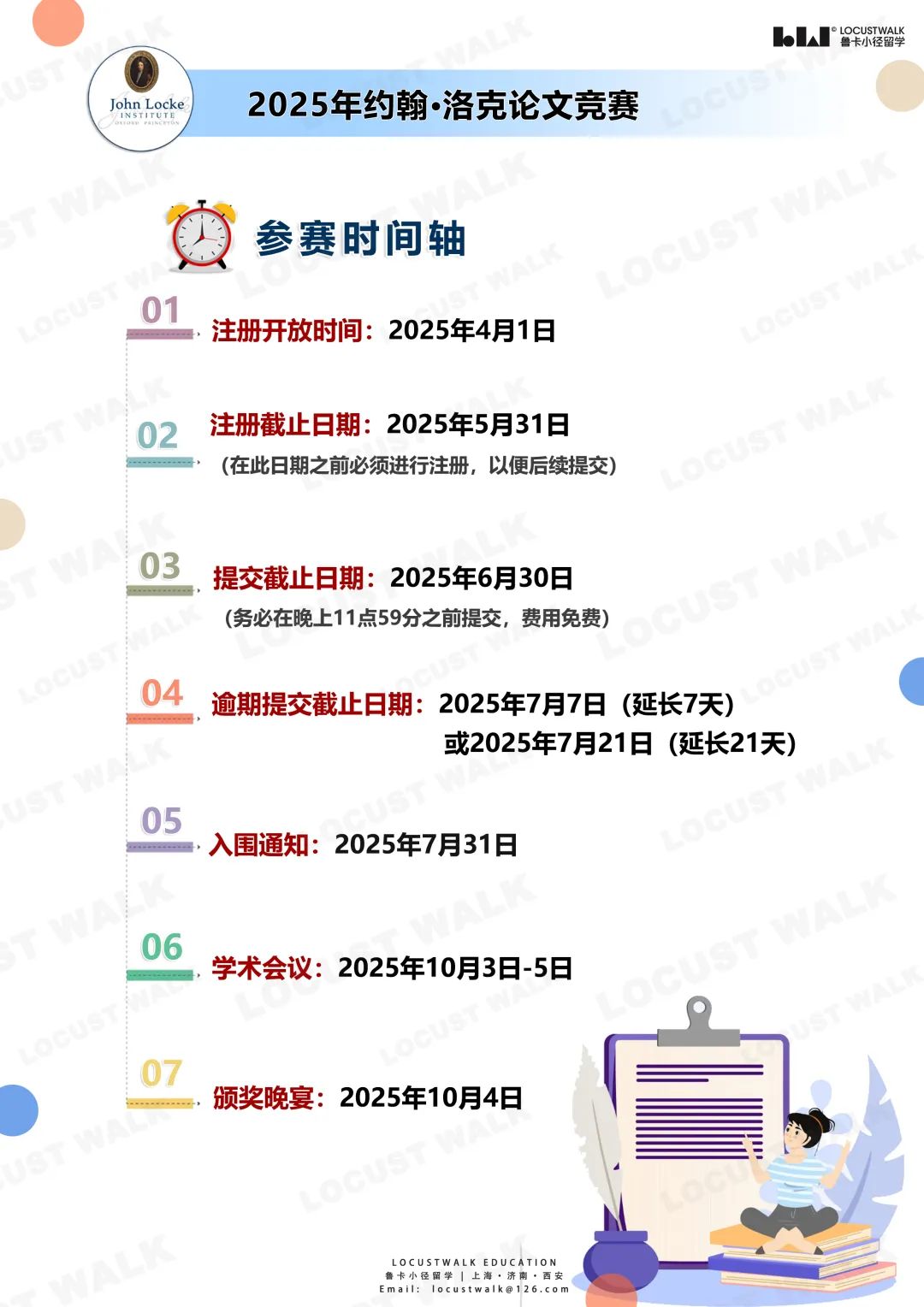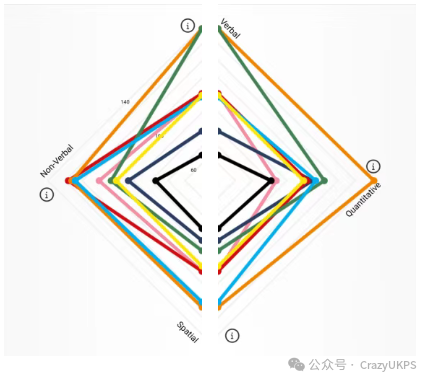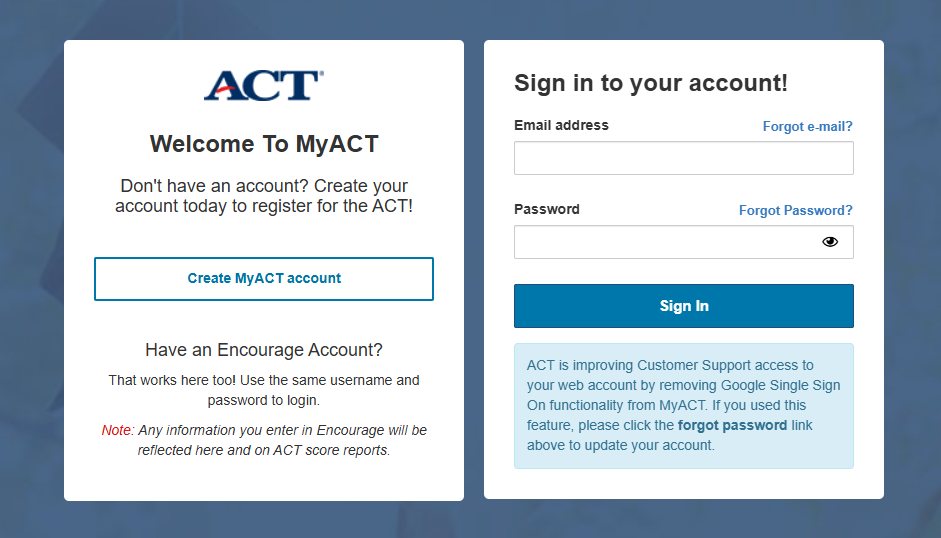本期为大家推荐曼彻斯特大学、奥克兰大学2025最新奖学金介绍。
1、曼彻斯特大学
Machine learning for power system dynamics
The University of Manchester | Department of Electronic and Electrical Engineering
博导:Dr Panagiotis Papadopoulos
截止日期:November 24, 2024 周天资助的博士项目(全球学生)
About the Project
We are looking for a PhD candidate with a strong mathematical background, curiosity and interest in applying machine learning to power systems.
You will be part of a strong power systems group (https://www.eee.manchester.ac.uk/research/expertise/energy-networks/) at the University of Manchester, working with a team led by Dr. Panagiotis Papadopoulos built around a UK Research and Innovation Future Leaders Fellowship focusing on “Addressing the complexity in future power system dynamic behaviour” (https://gtr.ukri.org/projects?ref=MR%2FS034420%2F1andhttps://gtr.ukri.org/projects?ref=MR%2FY00390X%2F1)
The project will be supervised by Dr. Panagiotis Papadopoulos and Prof. Jovica Milanovic.
Project background and details:
Power systems are going through unprecedented changes, mainly driven by the need for decarbonisation. This leads to the connection of several new types of devices, including renewable generation, electric vehicles, HVDC interconnectors, etc. These devices are mostly power electronic interfaced introducing new types of dynamic phenomena and the need for more detailed models, increasing complexity. In addition, intermittent behaviour of renewable generation but also social aspects and market structures related to how we use electricity, increase uncertainty.
Power systems are inherently nonlinear dynamical systems, requiring large computational effort to assess and study system stability. This is becoming even more challenging under increasing complexity requiring detailed dynamical models and with new dynamic phenomena arising (e.g. new types of oscillatory phenomena). In addition, a much larger number of scenarios need to be investigated due to increasing uncertainty in power system operation and lack of knowledge on where worst-case scenarios lie.
This PhD project will investigate the use of state-of-the-art machine learning techniques for calculating the stability boundary of complex nonlinear dynamical systems. Going beyond the notion that machine learning models are just powerful black box predictors, the project will also consider methods that can take into account physics and focus on aspects related to trustworthiness.
Eligibility
Applicants should have, or expect to achieve, a first honours degree or a master’s (or international equivalent) in a relevant science or engineering related discipline.
Funding
At Manchester we offer a range of scholarships, studentships and awards at university, faculty and department level, to support both UK and overseas postgraduate researchers applying for competition and self-funded projects.
For more information, visit ourfunding pageor search our funding database for specific scholarships, studentships and awards you may be eligible for.
This project is fully funded (fees and stipend) linked to a UK Research and Innovation Future Leaders Fellowship (https://gtr.ukri.org/projects?ref=MR%2FY00390X%2F1)
Before you apply
We strongly recommend that you contact the supervisor, Dr Panagiotis Papadopoulos (panagiotis.papadopoulos@manchester.ac.uk), before you apply. Please include a copy of your CV with details of your current level of study, academic background and any relevant experience and 1-page cover letter describing your motivation and why you are appropriate to study this PhD project.
How to apply
Apply online through our website:https://uom.link/pgr-apply-fap
When applying, you’ll need to specify the full name of this project, the name of your supervisor, if you already having funding or if you wish to be considered for available funding through the university, details of your previous study, and names and contact details of two referees.
Your application will not be processed without all of the required documents submitted at the time of application, and we cannot accept responsibility for late or missed deadlines. Incomplete applications will not be considered.
After you have applied you will be asked to upload the following supporting documents:
- Final Transcript and certificates of all awarded university level qualifications
- Interim Transcript of any university level qualifications in progress
- CV
- Supporting statement: A one or two page statement outlining your motivation to pursue postgraduate research and why you want to undertake postgraduate research at Manchester, any relevant research or work experience, the key findings of your previous research experience, and techniques and skills you’ve developed. (This is mandatory for all applicants and the application will be put on hold without it).
- Contact details for two referees (please make sure that the contact email you provide is an official university/work email address as we may need to verify the reference)
- English Language certificate(if applicable)
If you have any questions about making an application, please contact our admissions team by emailingFSE.doctoralacademy.admissions@manchester.ac.uk.
Funding Notes
This 3.5 year PhD is fully funded; the tuition fees are paid and you will receive an annual tax free stipend set at the UKRI rare (£19,237 for 2024/25). The funding is linked to UK Research and Innovation Future Leaders Fellowship (View Website:https://gtr.ukri.org/projects?ref=MR%2FY00390X%2F1). The funding is for home and overseas students.
2、奥克兰大学
Neonatal hypoglycaemia guidelines
University of Auckland|Liggins Institute
博导:Dr Luling Lin
截止日期:March 01, 2025 周六资助的博士项目(全球学生)
About the Project
Neonatal hypoglycaemia is the most common metabolic disturbance in newborns and a preventable cause of irreversible brain injury. Although the incidence can vary depending on the risk population and screening method, Walsh et al. (2022) reported that it can occur in 5-15% of all births. In a population of at-risk babies, the incidence can increase up to 51% (Harris et al., 2012). Despite imposing a great burden on neonatal health, the management of neonatal hypoglycaemia is full of uncertainties.
This project can be undertaken as a Masters by Research or as a PhD.
Study objectives
- To examine health inequities in the management of neonatal hypoglycaemia
- To explore the experiences and perceptions of different stakeholders in neonatal hypoglycaemia
- To develop recommendations for management based on the evidence
- To develop effective dissemination and implementation strategies
- To define develop a process for adapting guidelines to different settings
Desired skills
Suitable candidates will have a clinical background, and some experience in implementation science or qualitative research would be an advantage, though not essential. Scholarships will be available for suitable candidates.
The Liggins Institute
The Liggins Institute is a world-leading research institute at Waipapa Taumata Rau University of Auckland. We are committed to improving lifelong health through excellent research into mothers, pregnancy and early childhood. Events prior to, during and after pregnancy can influence the types of diseases an infant may develop in later life. The Liggins Institute focuses its research on understanding these mechanisms in order to reduce the risk of disease onset. Our goal is to give every baby a healthy start for a healthy life.
University of Auckland – Liggins Institutehttps://www.auckland.ac.nz/en/liggins.html
Dr Luling Linhttps://profiles.auckland.ac.nz/luling-lin
Closing date 1 March 2025














